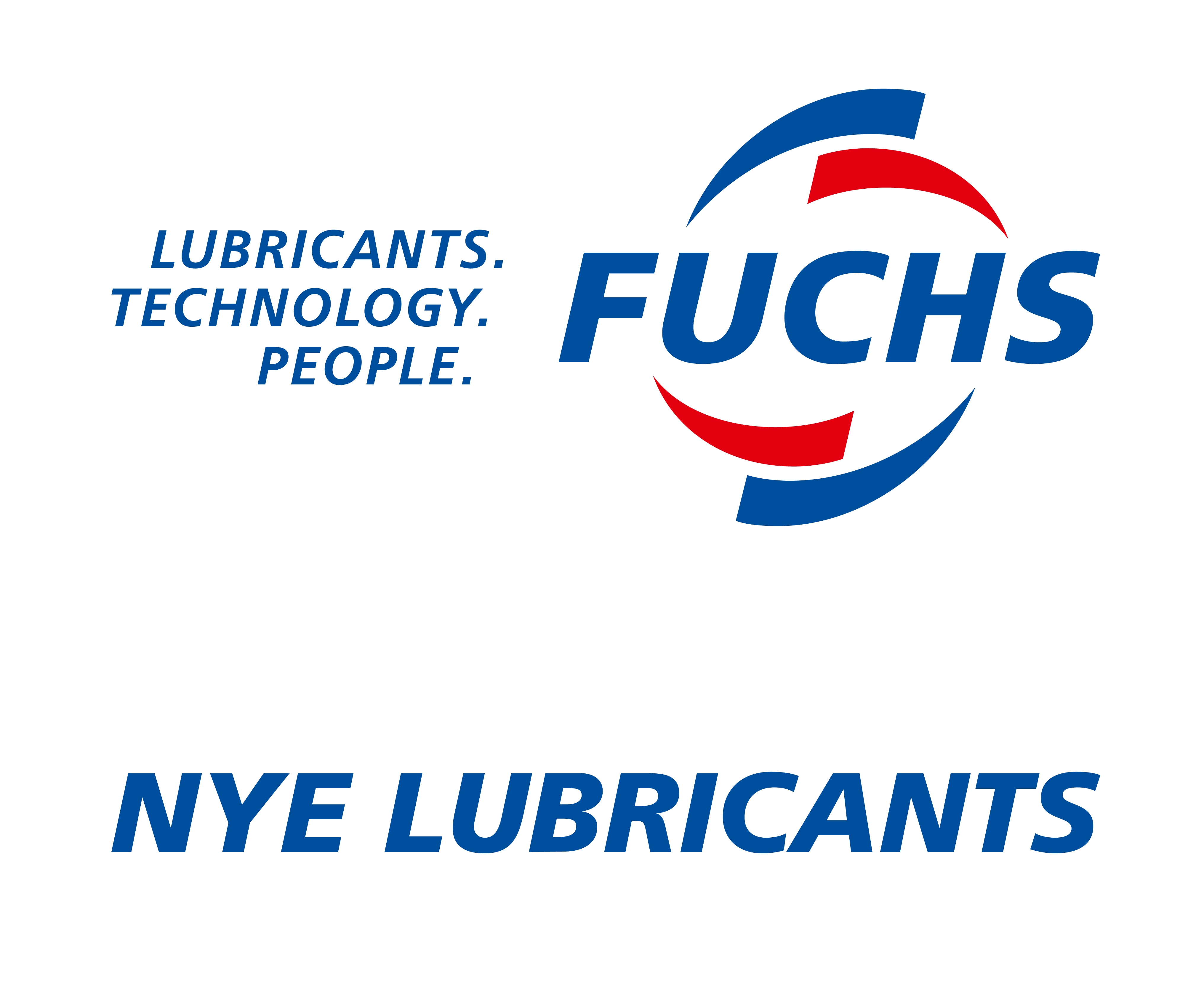Nye Lubeletter - April 2015

ADVT Lab: The road so far
 Five years ago, a new concept was born within the technical organization at Nye. The core of this idea was to create a technical competency and functionality that would bridge a gap seen between R&D and Product Development. This new functionality would focus on developing a better understanding of the fundamentals of lubricant applications and complex electrical and mechanical systems. Customer products are typically developed and samples provided for customer testing based on physical property data and the experience of our Technical Support Engineers and Regional Engineering Managers. This places the majority of the testing burden in the customer’s hands as well as the costs. This is where the new ADVT group (Applications Development and Validation Testing) fits in.
Five years ago, a new concept was born within the technical organization at Nye. The core of this idea was to create a technical competency and functionality that would bridge a gap seen between R&D and Product Development. This new functionality would focus on developing a better understanding of the fundamentals of lubricant applications and complex electrical and mechanical systems. Customer products are typically developed and samples provided for customer testing based on physical property data and the experience of our Technical Support Engineers and Regional Engineering Managers. This places the majority of the testing burden in the customer’s hands as well as the costs. This is where the new ADVT group (Applications Development and Validation Testing) fits in.

Checking grease quality in Corrugating, Pressure and Preheater Roll Bearings
 Within the corrugating industry, the single-facer machine is considered the “heart” of the corrugating production line. If a corrugating or pressure roll bearing fails unexpectedly during production, downtime is inevitable as changing out the bearing means changing out the affected roll. And very often, the roll change is a multi-hour, if not multi-day, job.
Within the corrugating industry, the single-facer machine is considered the “heart” of the corrugating production line. If a corrugating or pressure roll bearing fails unexpectedly during production, downtime is inevitable as changing out the bearing means changing out the affected roll. And very often, the roll change is a multi-hour, if not multi-day, job.
Because unexpected downtime due to a bearing failure is so costly and disruptive, knowing the condition of the unseen grease inside the bearing is critical.
 Nye clean rooms update
Nye clean rooms update
Currently, Nye Lubricants has qualified two clean rooms.
The Technical Products team is now working in a certified Class 100,000 Clean Room. This team produces ultra filtered grease and oil products for a variety of industries, specializing in filtered greases used in precision bearings. In order to certify a Class 100,000 clean room to ISO Class 7 standards, fourteen locations were mapped out on a grid of the room and monitored in the room during working hours and at rest. The air was passed through a filter at an average flowrate of 1 cubic ft/min and particles were collected and sized. Our Technical Products production area had less the 20,000 particles > 0.5 micron per cubic foot of air, meeting the Class 100,000 specification of less than 100,000 particles > 0.5 micron per cubic foot of air.

